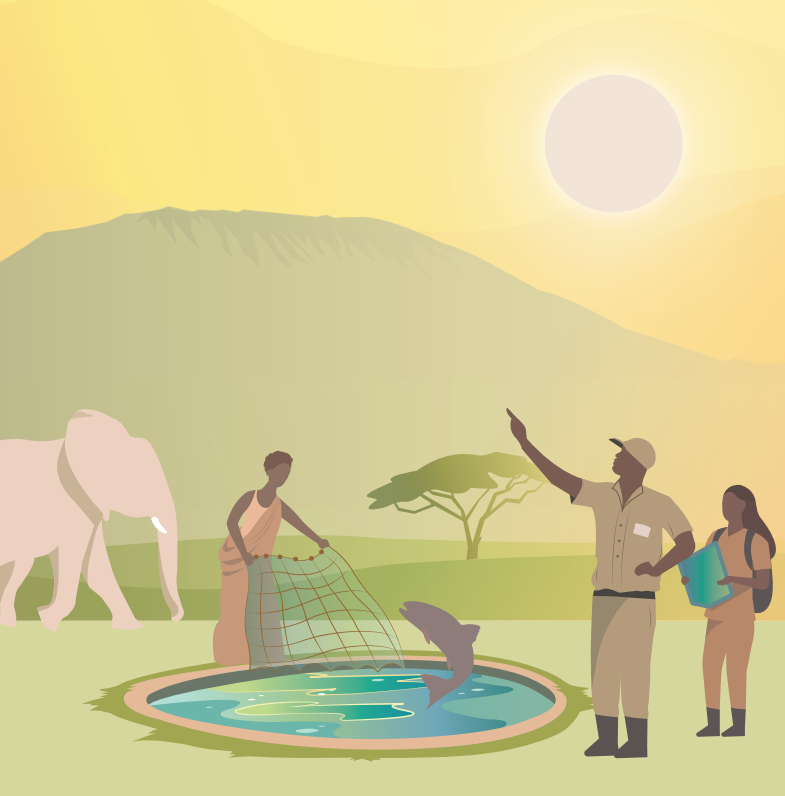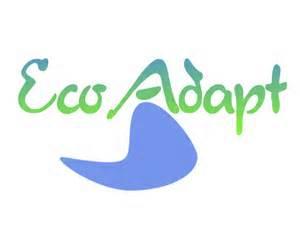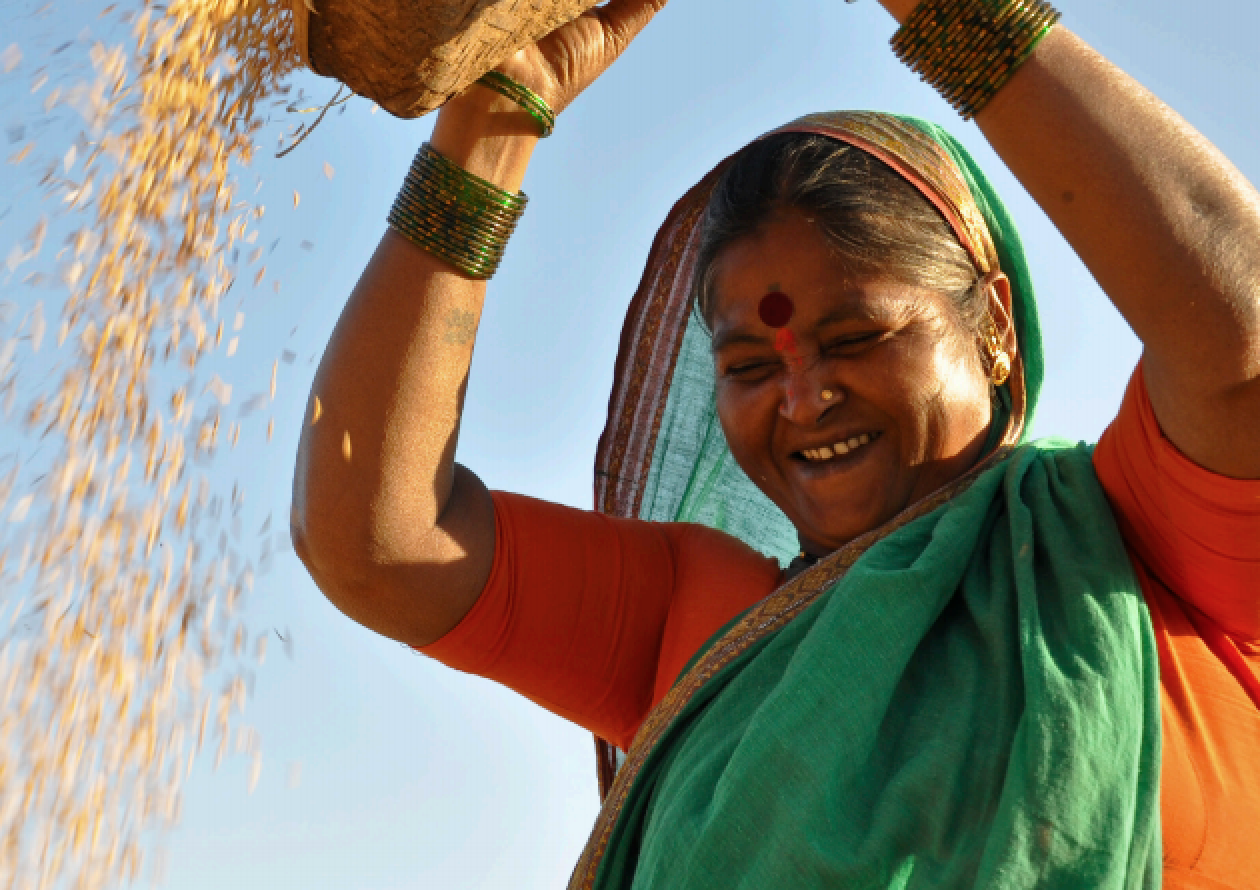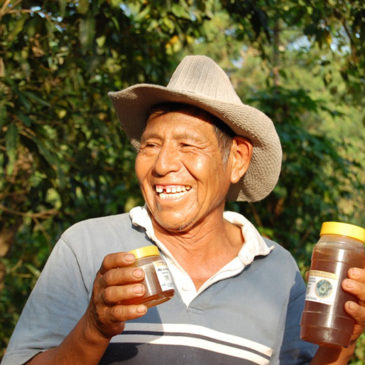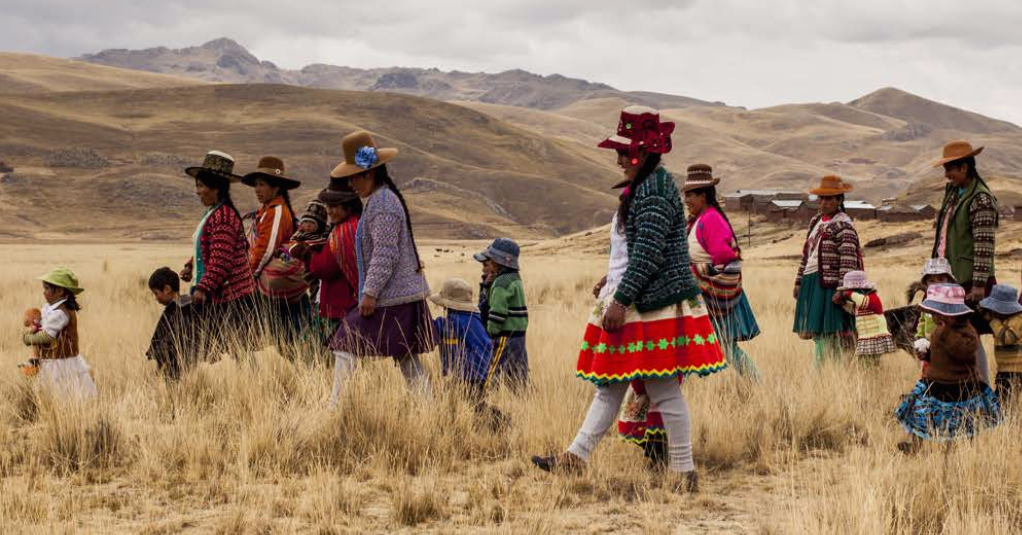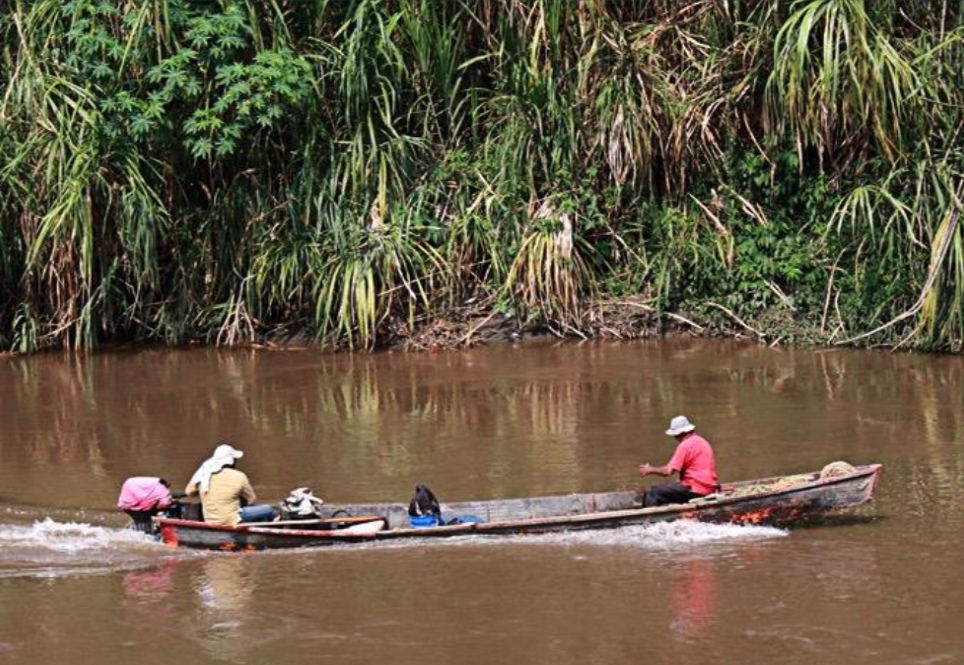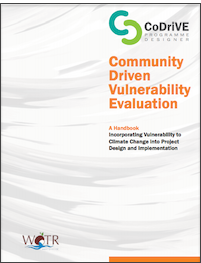watershed management
Low Emissions Analysis Platform (LEAP)
LEAP, the Low Emissions Analysis Platform, is a widely-used software tool for energy policy analysis and climate change mitigation assessment developed at the Stockholm Environment Institute.
Mountains ADAPT: Solutions from East Africa
The Mountains ADAPT: Solutions from East Africa booklet showcases adaptation solutions proven to be successful in response to specific issues caused or accelerated by climate change that negatively affect mountain communities’ livelihoods and ecosystems. The publication includes Burundi, Kenya, Rwanda, South Sudan, the United Republic of Tanzania and Uganda.
The EcoAdapt Project
The EcoAdapt project assisted South American communities in developing their ecosystem-based adaptation strategies.
An Online Sourcebook: Integrating Gender in Climate Change Adaptation Proposals
This online sourcebook aims to help ensure that gender considerations and women’s empowerment are incorporated into large-scale climate change adaptation projects.
‘Watershared’ – Adaptation, mitigation, watershed protection and economic development in Latin America
Reciprocal watershed agreements are simple, grassroots versions of incentive-based conservation that help upper watershed forest and land managers to sustainably manage their resources.
Yachaykusun: Lessons on climate change from the Andes
This online book details the innovative responses of rural populations to climate change in the Andean highlands, aided by the implementation of resilience building practices by PACC Peru.
Rios del Páramo al Valle: Building climate adaptation capacity in water resources planning
This report synthesizes lessons from a three-year project that used participatory planning processes to build capacity and develop tools to support climate change adaptation in Colombian watersheds.
Community Driven Vulnerability Evaluation Programme Designer
This handbook provides a detailed road-map with clear instructions on applying the CoDriVE-PD framework for designing projects to include evaluation of vulnerability to climate change.
Mitigation and adaptation: the LEAP tool for assessing emissions-energy trade-offs
LEAP (Low Emissions Analysis Platform) is a powerful, versatile software system for integrated energy planning and greenhouse gas (GHG) mitigation assessment. LEAP was previously known as the Long-range Energy Alternatives Planning tool.

